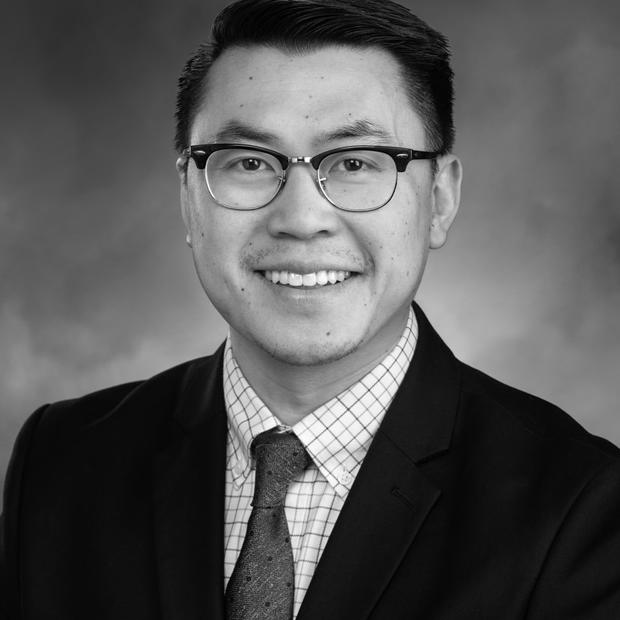Our homeless neighbors face the choice of sleeping in their tents at the risk of being victimized by sweeps, or they’re living in shelters that can’t guarantee social distancing. Racist disparities in work conditions and health care are leading to disproportionately high infections and deaths in the Latinx, Black and Pacific Islander communities. Nearly 1 in 4 workers in Washington is unemployed. And, to compound all of this, we are facing yet again more killings of Black Americans at the hands of law enforcement and white supremacy.
We don’t want to be on the streets, protesting needless deaths. We don’t want to be begging for another stimulus check to put food on the table, or an extension of the rent moratorium to buy just a little more time before the piling rent bills hit. We don’t want to weigh going to work against the health of our vulnerable family members. We do this because we have no other choice.
As long as those who occupy the highest offices ignore the pain of those on the margins, we will never achieve lasting justice. So we march, and we yell, and we protest, and we vote, and we fight for a better future.
So how do we achieve that better future?
There are no easy answers and no one person who has them, but the activism of young people of every race and status gives me hope. This time feels different; the energy and passion we are witnessing is visceral. The next step is to turn our legitimate anger into sustained and effective action. We can’t let our leaders pretend that a cure for the pandemic will cure all our pain, because our pain didn’t start with the virus. We’ve felt it for generations before, and we’ll feel it for generations after unless drastic changes are made.
To make lasting change, we need to address the greatest threat to justice: inequity. The wealth gap is a glaring example, but abundant political, social and climate inequalities persist as well. We need to commit our state and local budgets to tearing down these inequities in order to rebuild our society so that everyone gets a chance at success, not just the wealthy few.
During the 2008 recession, the state Legislature took austerity measures to balance the budget. These actions gutted billions of dollars from social services that supported vulnerable communities, especially Black, Indigenous and People of Color and those in rural Washington, while still leaving generous tax exemptions for large corporations intact. Now, 12 years later, Washington suffers from severe wealth inequality, as unprecedented levels of homelessness emerge and unprecedented wealth accrues for the top 1%.
We cannot allow inequality to worsen as we recover from the economic consequences of the coronavirus pandemic. We must instead generate state and local revenue — through capital gains, the payrolls of high income earners or other progressive options, like a carbon fee — to ensure that vital social services are preserved, and that residents across the state remain secure and able to get back to work once it is safe. By investing in our communities, we can uplift the voices of those that have historically been excluded and provide resources to those who need them the most.
Many of our social problems have yet to be solved because the people most impacted by them are not at the table. Despite having the most diverse Legislature in Washington's history, there is not one single Black person in our state Senate. We need to uplift and support, through social and financial capital, candidates who reflect their communities. Right now, we have an excellent opportunity to do this, as there are seven Black women currently running for seats in our state Legislature. Almost as important, longtime elected officials should consider stepping down and creating space for the next generation of leadership.
Elected leaders come into power having navigated the same land mines of inequality that exist in our health care, judicial and law enforcement systems. The leaders who do reflect the community have won despite these broken systems and are few in number. In my short time as a legislator, the vast majority of officials I have encountered are not explicitly racist, but it’s not enough to not be racist. We should demand that our legislators fight against racism and intolerance through policy, and create a culture at the Capitol that is inclusive of people of all backgrounds. What’s more, we must stay accountable to our constituents demonstrating against police violence by passing accountability reform that bans cruel practices like choke holds and strengthens the decertification process so officers guilty of excessive force can no longer work in law enforcement.
Our path forward must be rooted in racial and economic justice for all, especially those often overlooked by political institutions: BIPOC, people with low incomes and our neighbors in Central and Eastern Washington. This will be a messy and frustrating process, one that requires deep and meaningful conversations with community members throughout the state. These conversations will be and should be uncomfortable for legislators who are new to the fight for racial justice and need to understand their role in perpetuating systemic racism. This reckoning is long overdue in Washington state.
To everyone who has been protesting and those at home angered and saddened by the injustices in our lives: Please stay angry. It cannot end here. This passion, if carried to the ballot boxes, will create the change we desperately need to see. Now is the time and you can make this happen.


